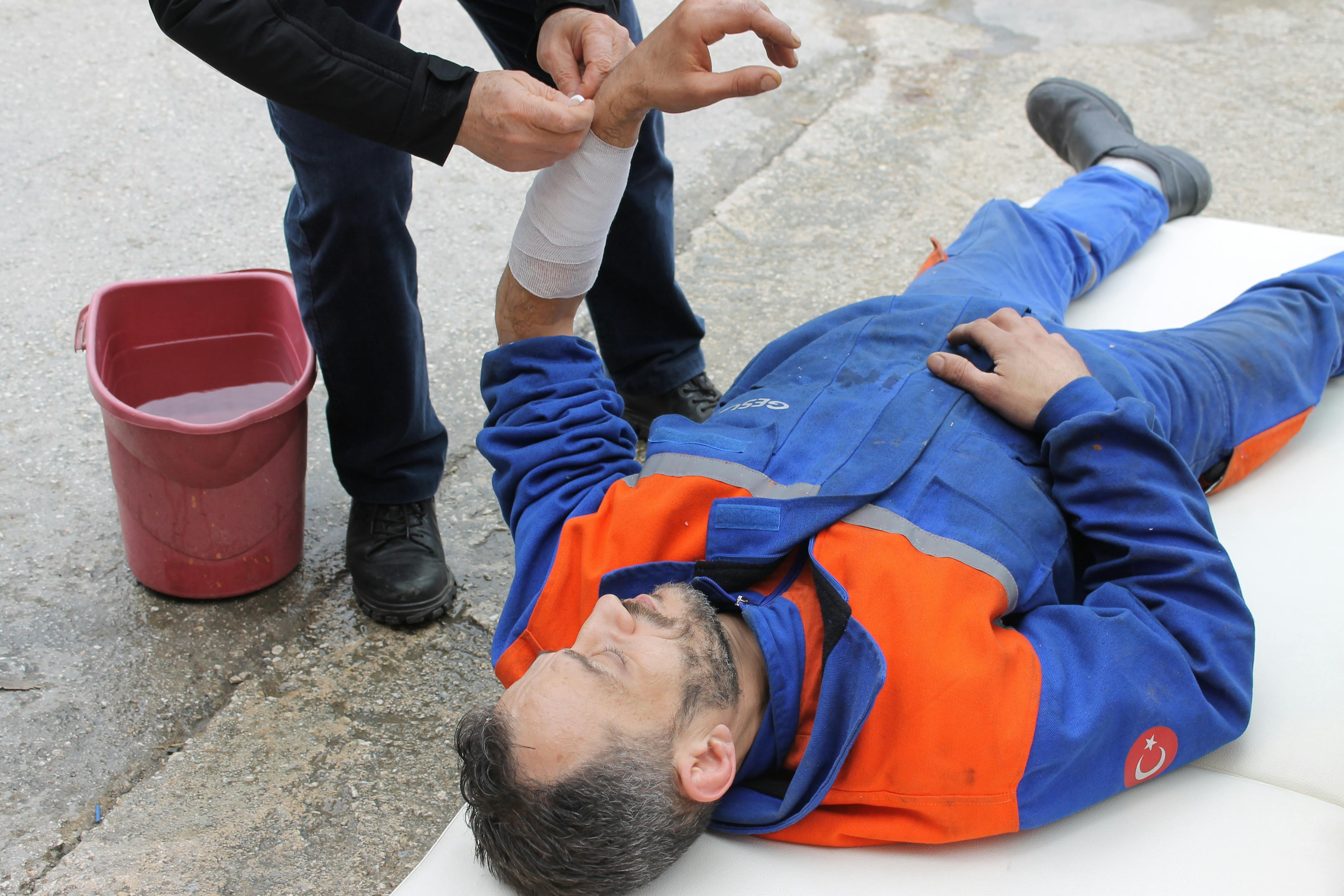05
Mar 2018
Increasing Daily Step Count Reduces Days In Hospital, Study Shows
Published in General on March 05, 2018

We often like to think that running is the only way to effective weight loss and better fitness. This is partly true, but a lifetime of running also tends to wear out the knee joints and can cause mobility problems even when running only on soft ground. The number of knee replacement surgeries is a testament to the problem.
Walking, on the other hand, doesn’t deliver the impact damage to the body and according to new research, just 40 minutes of daily walking for people over fifty-five reduces the number of hospital stays, their duration, and lowers medical risks for deadly disease like cancer too.
Revealing Medical Study Proof Positive of Health Benefits of Walking
The Centre for Clinical Epidemiology and Biostatistics from the University of Newcastle ran a study to look at 2,100 participants aged 55 or older to consider the health benefits of walking. Their findings covered in the Medical Journal of Australia in 2017 found that even just walking 1,000 footsteps every day cut the number of days in hospital by 9%. The benefits increased with a greater level of activity too.
Dr Ben Ewald, an author of the study, informed ABC Radio Sydney that, “The more active people, the people who were taking about 8,500 steps a day... had one third of a day less in hospital."
Conditions of the Study
To make the study reflect real-world conditions, Dr Ewald along with his team of researchers had 2,100 residents in Newcastle take a pedometer with them wherever they went to track their number of steps between 2005 and 2007. The reason this was done at the time was to track medical conditions that resulted in hospital stays over the following 8 years through to March 2015. It would then be possible to see whether the more active people were any healthier overall.
The doctors screened out people with pre-existing conditions or who visited a hospital as a follow-up on a medical issue that pre-dated the study. The exclusions were counted during the first two years of the study only. Other variables where statistics were adjusted include people with asthma, angina, or heart problems.
Activity Required & Healthcare Cost Savings
Those people who walked the most received the greatest benefits. Walking 4,300 steps each day covering approximately 3km (depending on stride length) tended to require one-third of a hospital day fewer the longer the walking activity had continued.
Dr Ewald commented, "There were less hospital admissions for cancer in the more active group". It was noted that this was also true for diabetes issues too. "Being more active protects you from all types of diseases including cancer," Dr Ewald added. The message from the doctor came through loud and clear when he further mentioned, "Any exercise is better than no exercise, and more exercise is better."









